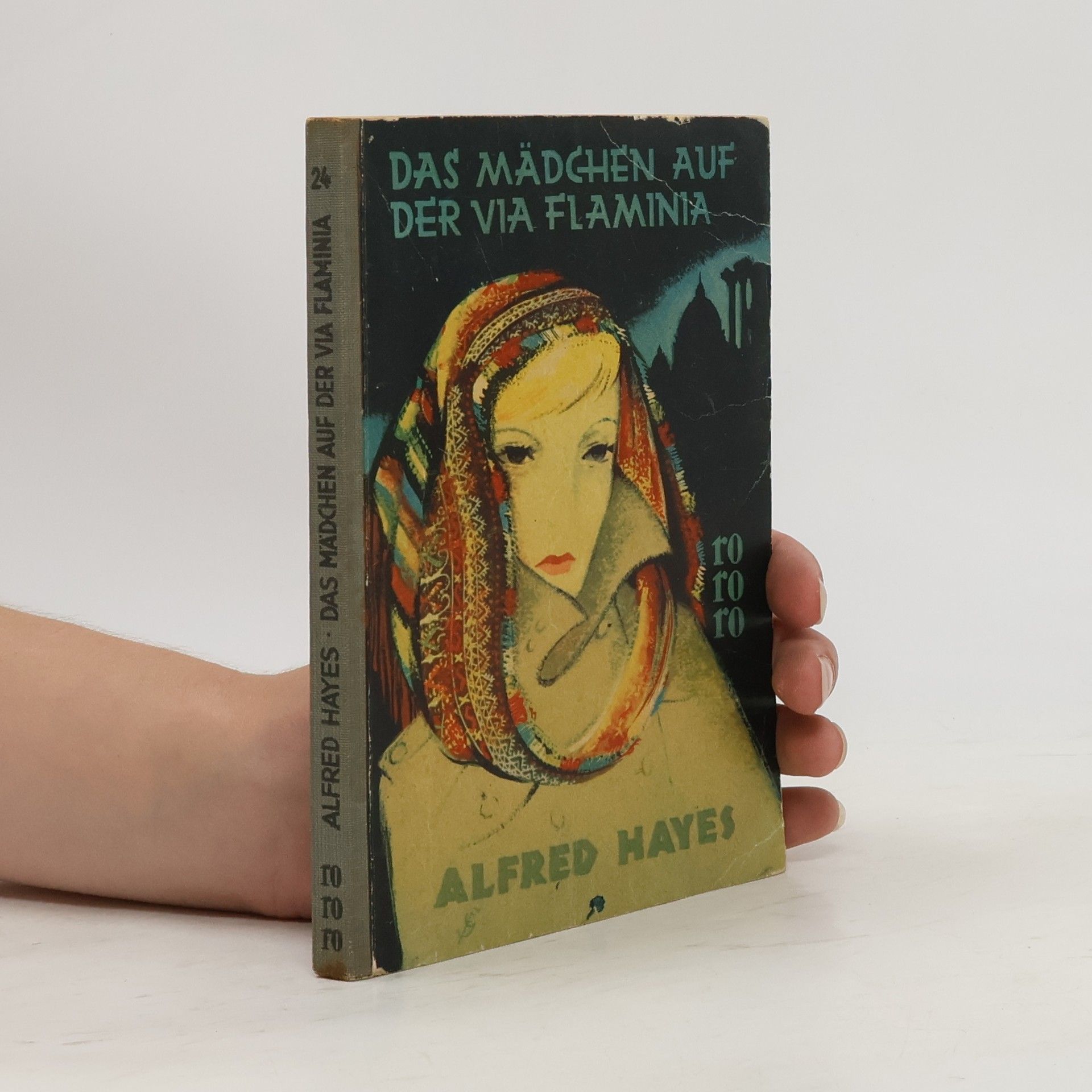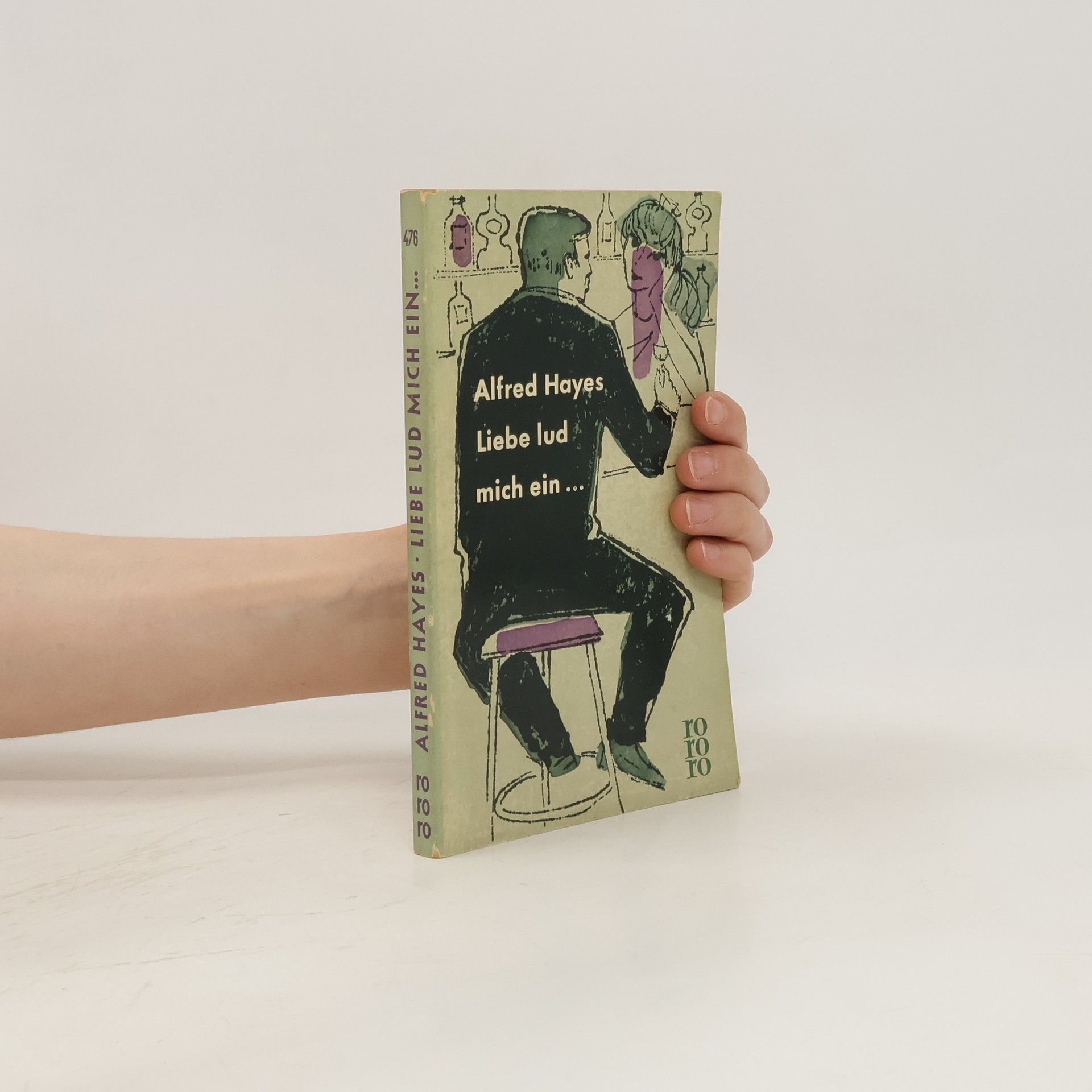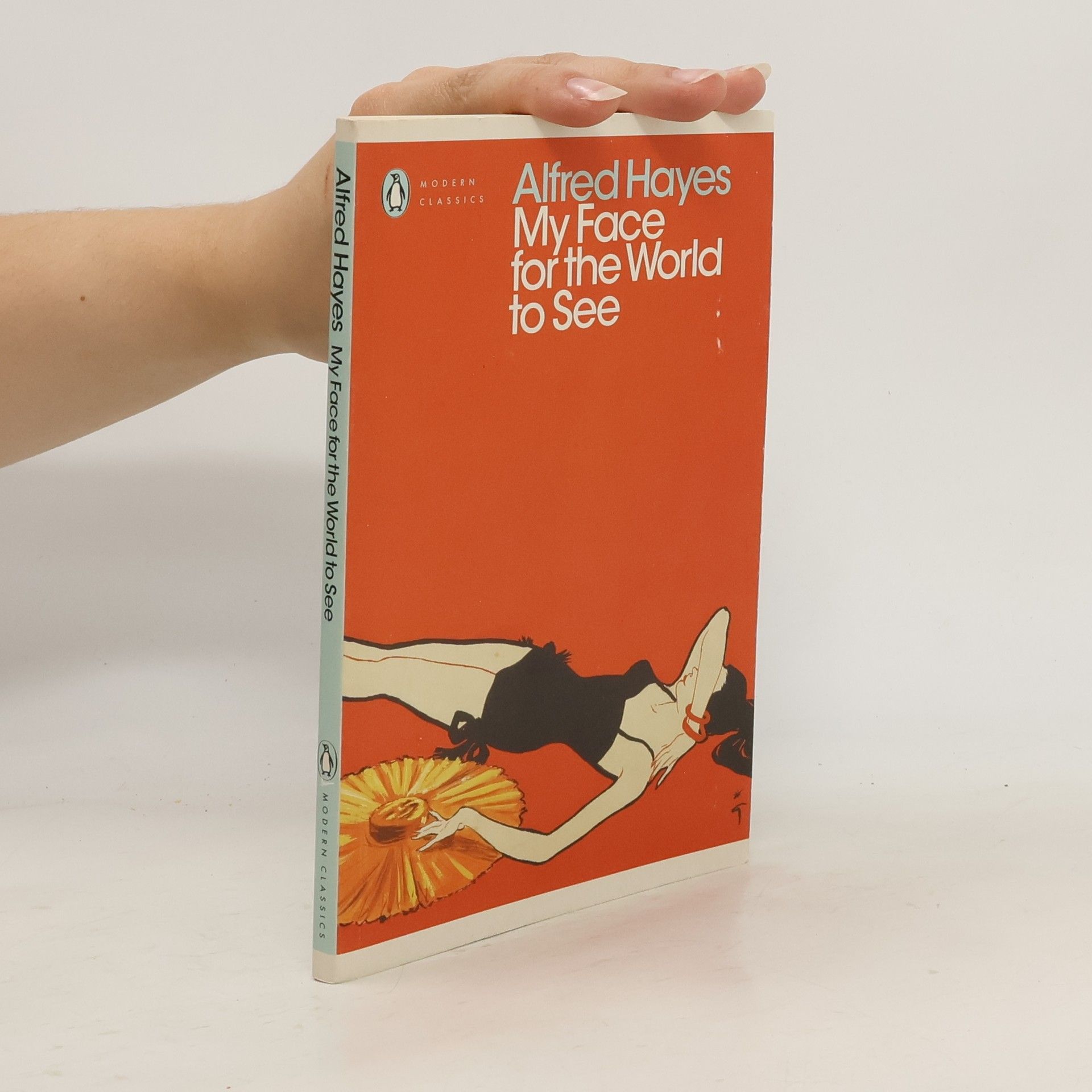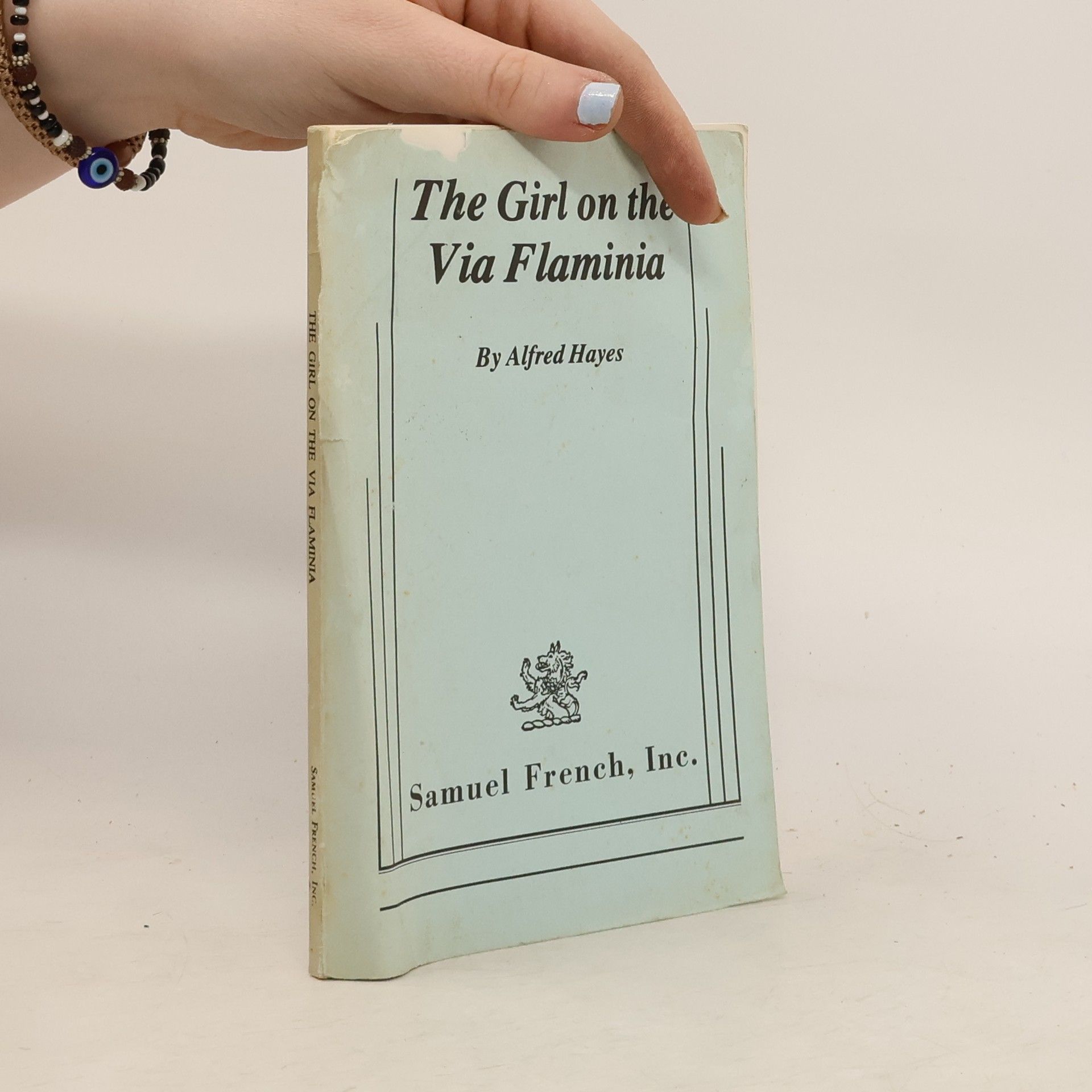Alfred Hayes Book order (chronological)
Alfred Hayes was a British screenwriter, novelist, and poet who worked in Italy and the United States. His work often delves into the complexities of the human condition, exploring moral quandaries with keen insight. He is notably recognized for his poem "Joe Hill," which was famously set to music. Hayes demonstrated his versatility through screenplays for Italian neorealist films and American television series, showcasing an ability to capture the essence of different eras and settings. His writing is characterized by a deep understanding of character and inner worlds.






End of Me
- 178 pages
- 7 hours of reading
A moving tale about middle age, divorce, modern love, and returning home by one of the great American storytellers. Asher’s career as a Hollywood screenwriter has come to a humiliating end; so has his latest marriage. Returning to New York, where he grew up, he takes a room at a hotel and wonders what, well into middle age as he is, he should do next. It’s not a question of money; it’s a question of purpose, maybe of pride. In the company of the arch young poet Michael, Asher revisits the streets and tenements of the Lower East Side where he spent his childhood, though little remains of the past. Michael introduces Asher to Aurora, perhaps his girlfriend, who, to Asher’s surprise, seems bent on pursuing him, too. Soon the older man and his edgy young companions are caught up in a slow, strange, almost ritualized dance of deceit and desire. The End of Me, a successor to Hayes’s In Love and My Face for the World to See, can be seen as the final panel of a triptych in which Alfred Hayes anatomizes, with a cool precision and laconic lyricism that are all his own, the failure of modern love. The last scene is the starkest of all.
My Face for the World to See
- 128 pages
- 5 hours of reading
At a Hollywood party, a screenwriter rescues an aspiring actress from a drunken suicide attempt. He is married, disillusioned; she is young, seemingly wise to the world and its slights. They slide into a casual relationship together, but as they become ever more entangled, he realises that his actions may have more serious consequences than he could ever have suspected. Hayes' exquisite novella, written in his cool, inimitable style, holds a revealing light to the hollowness of the Hollywood dream and exposes the untruths we tell ourselves, even when we think we have left illusions behind.
Tragedy Alfred Hayes, adapted from his best seller Characters: 7 male, 4 female Complete interior set Here is a merciless picture of hardened American conquerors abroad and their impact on pitifully defenseless people. A young American soldier takes on a pretty, fearful Italian girl to while away the tedious occupation. She consents with deep bitterness and restraint; the only jobs and bread are in the American kitchens. The country's pride is fiercely moral and the
An exquisite depiction of a doomed love affair, set in noirish 1950s New York In a Manhattan bar, a middle-aged man tells a young woman of his love affair with a lonely divorcee; of how one night she was offered one thousand dollars to sleep with a stranger; and of how he and she would subsequently betray each other in turn. In Love is an indictment of, and an elegy to, a love affair that was doom[Bokinfo].



